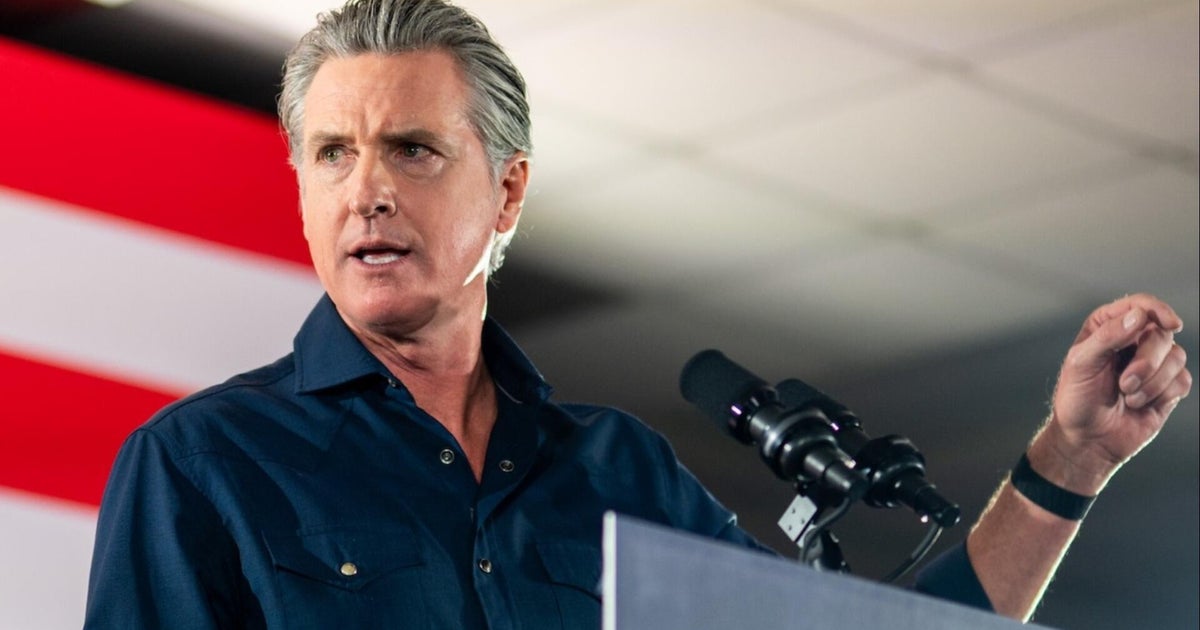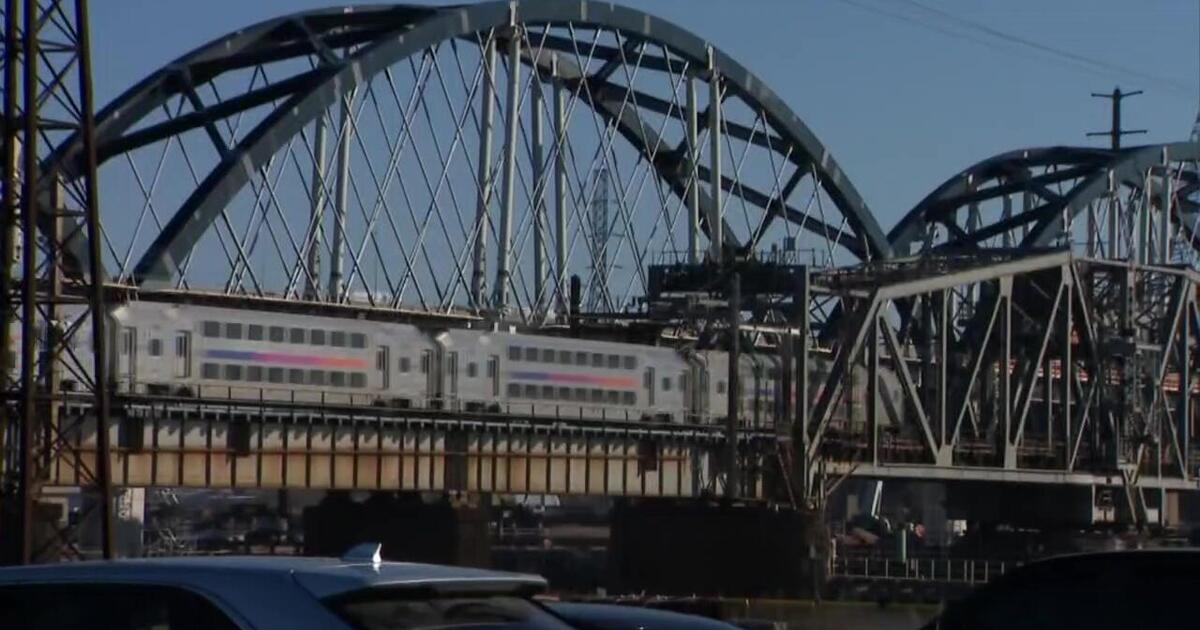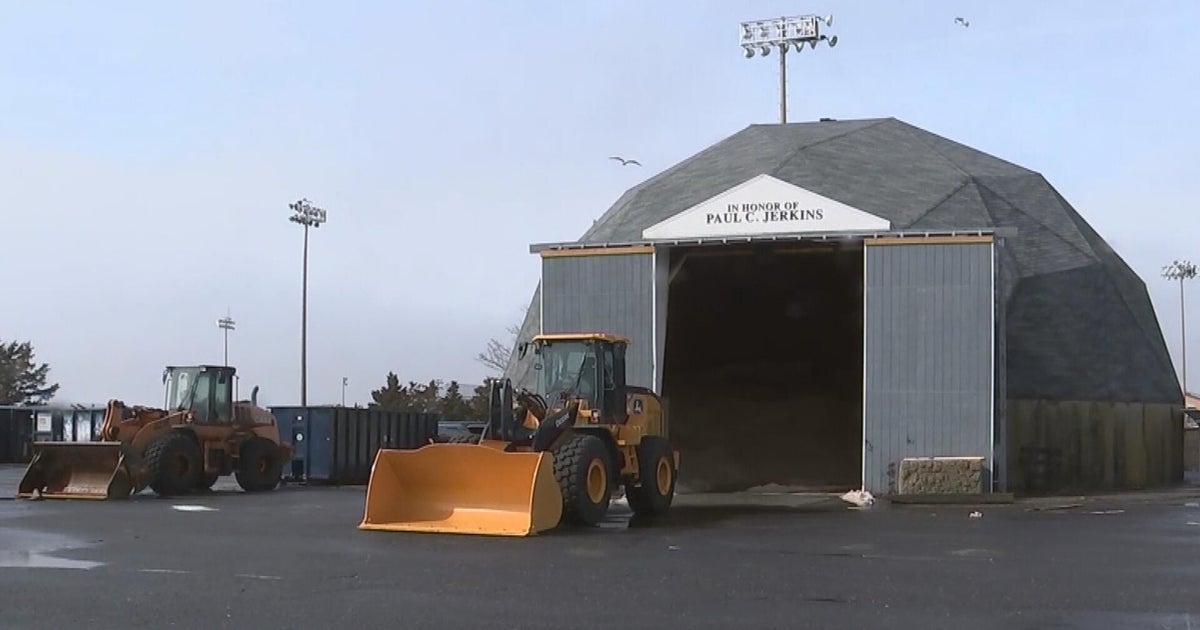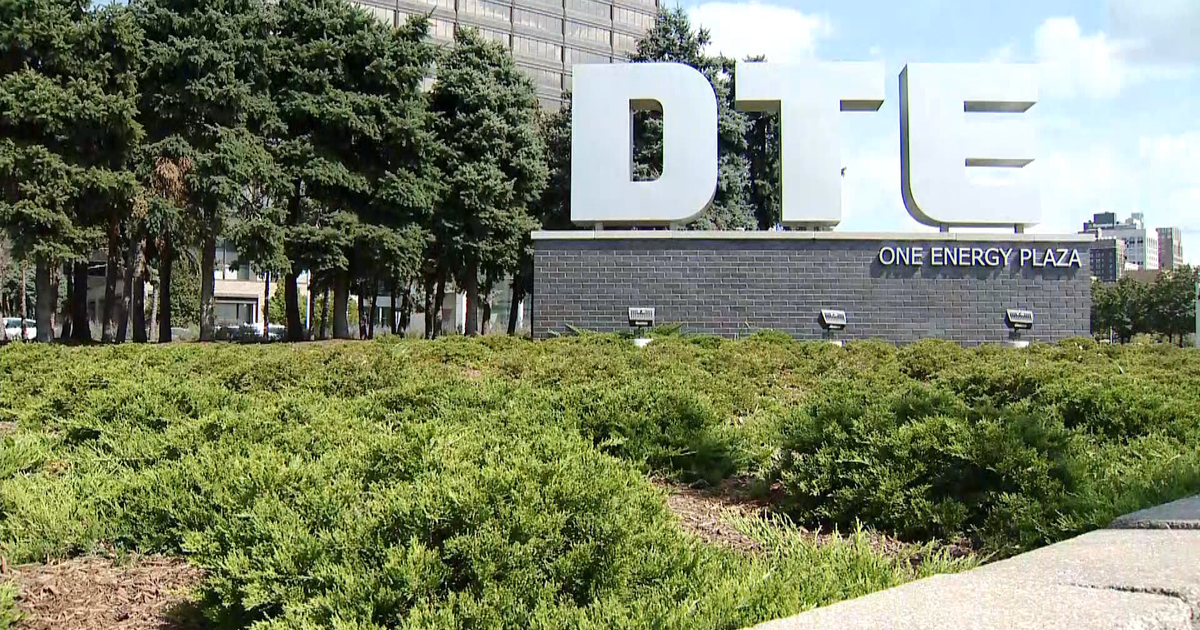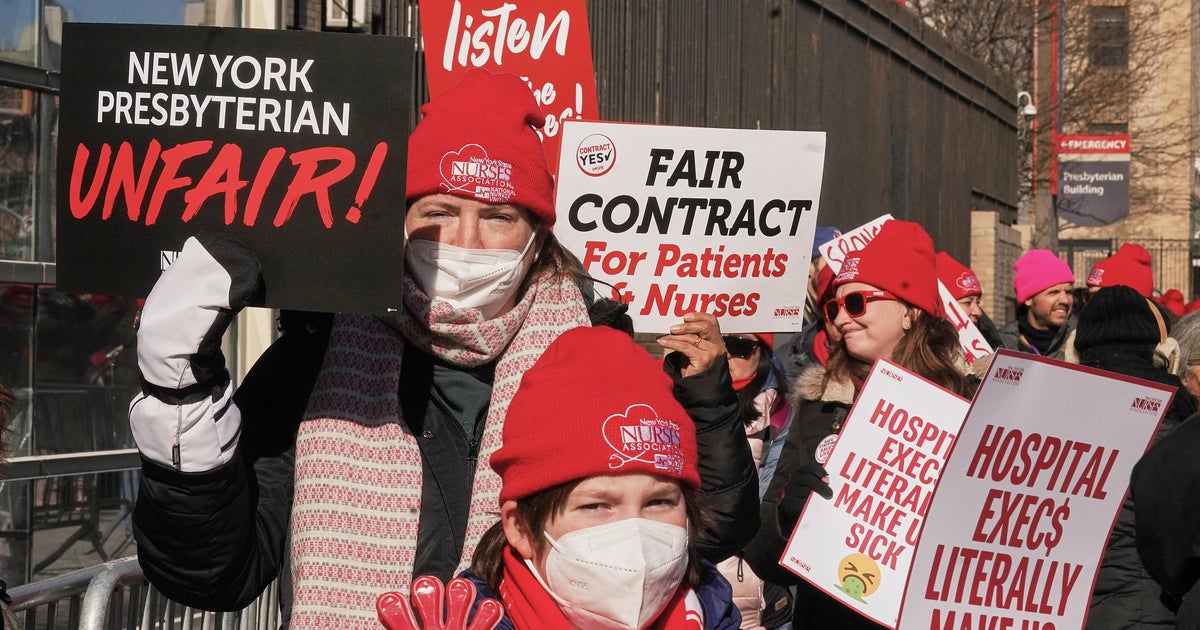BART Service On Long-Anticipated Berryessa Extension Begins June 13; Federal Funds To Provide Transit Relief
SAN JOSE (CBS SF) -- Years of frustrating delays came to an end Tuesday as transit officials announced that BART commuter trains will begin service on June 13 along the long-anticipated 10-mile extension into Santa Clara County.
The announcement comes just as the transit agency struggles with an unprecedented drop in ridership and revenue during the coronavirus outbreak, along with word the agency and other transit agencies would be getting an infusion of federal funding.
The state Public Utilities Commission will now have to approve the final extension agreement between Santa Clara VTA and BART before trains begin to run.
For several weeks, BART has been testing out simulated service on the line, running trains without passengers to the Milpitas and Berryessa/North San Jose stops on regular schedules. Now those trains will be carrying real passengers, bringing BART connections to five Bay Area counties.
South Bay commuters, looking for alternatives to the clogged rush-hour freeways, can attest to the frustrations from the delays and missed deadlines. Originally, the extension was supposed to open to the public in the summer of 2018.
"We know these have been some dark months that we've endured. But pulling together, this valley, this county, this region, this city have all shown our character, collectively, and we should celebrate great days like this," said San Jose Mayor Sam Liccardo.
"Expanding travel options in one of the Bay Area's most congested corridors is key to an economic revival," said BART General Manager Robert Powers in a prepared statement. "Connecting Silicon Valley to the rest of the Bay Area will not only beef up our public transportation network but create new opportunities for much-needed housing near transit."
"Every single taxpayer in Santa Clara County, it's because of you I can stand here and say we're almost there," said VTA General Managers Nuria Fernandez.
On Tuesday, President Donald Trump tweeted that the Bay Area will receive more than $700 million in federal funding to support transit services such as BART as well as continued operations and workers at San Francisco International Airport.
The $700 million Trump is referring to is from the Coronavirus Aid, Relief, and Economic Security (CARES) Act, which was passed by Congress in March. But according to BART director Janice Li, much more is needed.
"If he cared about BART (he doesn't), he and [Senate Majority Leader] Mitch McConnell would move forward with passing and signing the HEROES Act for the next $3T of critical emergency relief funding," she said on Twitter.
The HEROES, or Health and Economic Recovery Omnibus Emergency Solutions, Act was passed by the House last week and proposes a $3 trillion stimulus bill.
BART Board President Lateefah Simmons says the transit agency was grateful for an infusion of cash from the federal government that should help close an anticipated $600 million shortfall. "In the next fiscal year, we are not at all out of the water. Nowhere close," said Simmons. "The CARES Act was instrumental in making sure that BART and other trains and bus operators across the country could stay afloat."
Since the COVID-19 pandemic began, BART, Muni and other Bay Area transit agencies have reported historic drops in ridership. BART's average weekday ridership has nosedived during the pandemic -- down 93%. That drop has left a $600 million crater in the transit agency's budget this fiscal year and next.
Despite Tuesday's fanfare of the signing ceremony, transportation analysts say it could be months and likely years before the South Bay extension sees significant ridership.
"If we use history as our guide, then in about 18 months we would expect ridership on all forms of mass transit to be about 80% of what it was on the day before the lockdown," said Frances Edwards with the Mineta Transportation Institute at San Jose State University.
The extraordinary numbers of people working from home during the outbreak may also slow the transit agency's recovery.
"One of the trends we've seen that we're excited about is alternative work arrangements. Not every person needs to come into an office every day to work," says Carl Guardino, CEO of the Silicon Valley Leadership Group.
The quest by South Bay leaders for a BART extension began in 2000 with the passing of ballot Measure A. Three other local ballot measures were passed in the ensuing years to help fund the construction. State and federal transit monies were also obtained to complete the project.
Among those frustrated commuters waiting years for a BART-to-San Jose extension was regular BART rider Peter Ortiz.
"I think they've been talking about making the BART expansion into San Jose since I was a kid in elementary school," he told KPIX 5 in February. "So it's kind of disappointing that we see all the construction has been done, but we still have to go out of our way, two cities up in order to catch the BART."
The project is a joint operation -- VTA built the tracks and the stations but BART will run them.
Amid the delays were a major one late in 2019 when BART identified 750 things that VTA needed to fix. They ranged from small quick-fix items at the stations to lingering software glitches that affected the control of the trains.
VTA crews worked double shifts to fix the items so they could move on to the administrative process of turning over the extension to BART for passenger service.
Devin Fehely contributed to this report.

